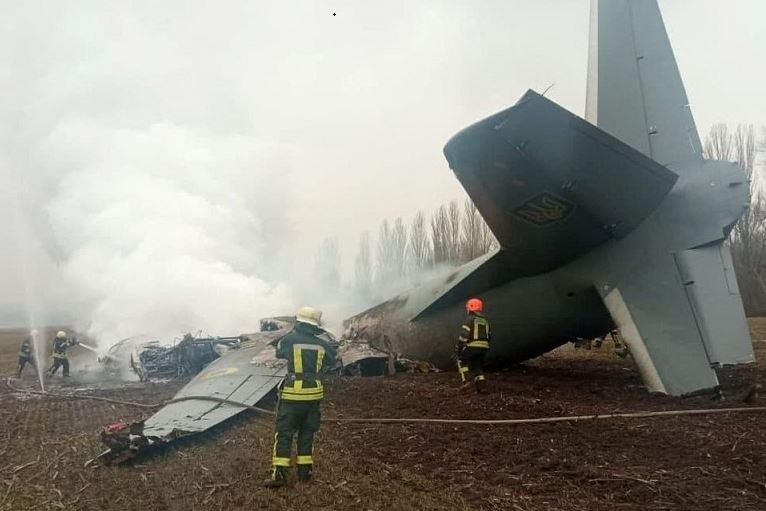Nine people, including four soldiers, were reported dead on Sunday evening when a civilian plane crashed in Sudan due to “technical” reasons, the army said, as the war in the east African country entered its 100th day.
In Port Sudan, on the east coast largely spared by the war, the army said a child had survived the crash of an Antonov plane, which killed nine others. Port Sudan Airport is the only one still working in the country due to the conflict.
The fighting has left millions caged in their homes and some without water, particularly in the suburbs of the capital city of Khartoum, where residents are calling for food donations to help them survive.
In a war-devastated district of the city, a resident, Abbas Mohammed Babiker, says he and his family have only been able to eat once a day.
“We only have enough for two more days,” Babiker said from Khartoum North, where residents said at least one person, a local musician, has already died from hunger.
Since April 15, battles between the army led by Abdel Fattah al-Burhan and the paramilitary Rapid Support Forces (RSF), headed by Mohamed Hamdan Daglo, have killed more than 3,900 people, according to the latest toll from the Armed Conflict Location and Event Data Project (ACLED).
More than 2.6 million people have been internally displaced, mostly from Khartoum, the International Organization for Migration said.
Thousands who remain in the capital, particularly in Khartoum North, are trapped without water since the local water station was damaged at the start of the war.
Residents say there is only intermittent electricity, and food has nearly run out.
Across the war-torn country, about one-third of the population already faced hunger even before the war began, according to the United Nations’ World Food Programme. Despite the security challenges, the agency says it has reached more than 1.4 million people with emergency food aid as needs intensify.
“With the fighting, there is no market any more, and anyway, we have no money,” said another resident of Khartoum North, Essam Abbas.
To help them, the local “resistance committee”, a pro-democracy neighborhood group, issued an emergency appeal.
“We have to support each other, give food and money, and distribute to those around us,” the committee wrote on Facebook.
In adjacent Omdurman, Khartoum’s other battle-scarred sister city, locally known violinist Khaled Senhouri “died from hunger” last week, his friends wrote on Facebook.
In his own online posts, Senhouri said he was unable to leave home because of the fighting and had tried to hang on with the supplies that he had. It wasn’t enough.











